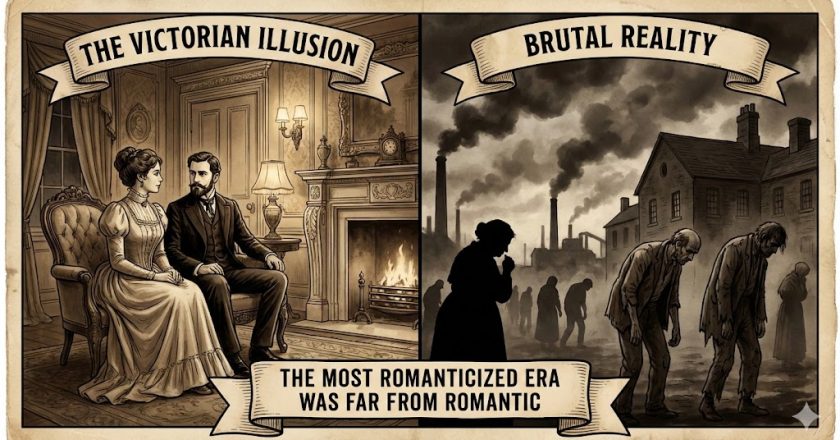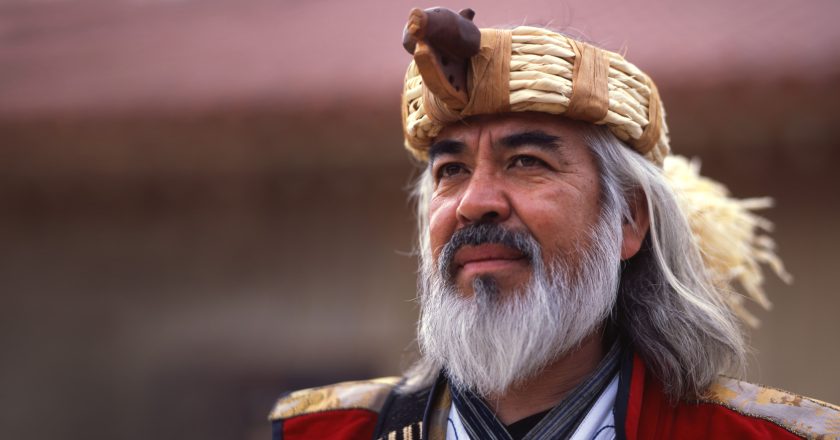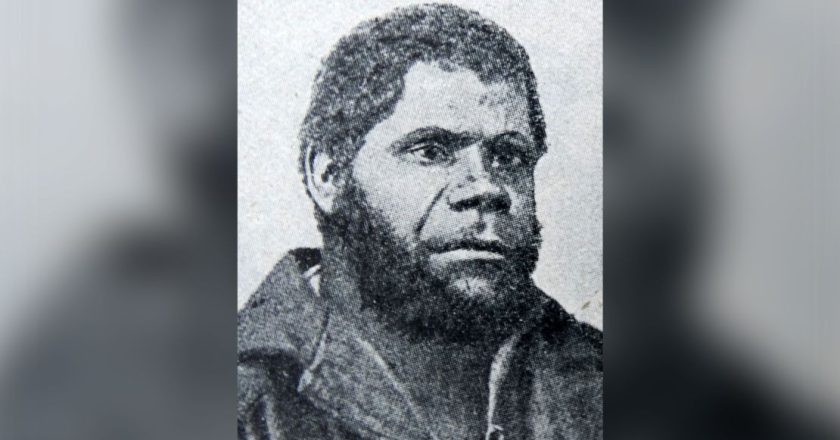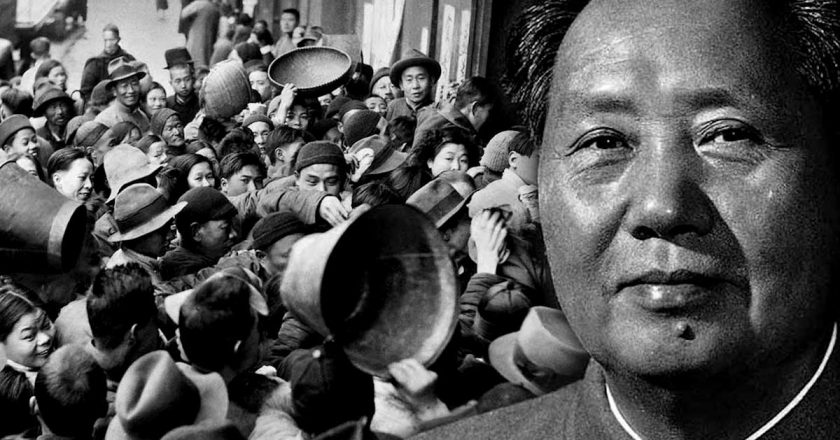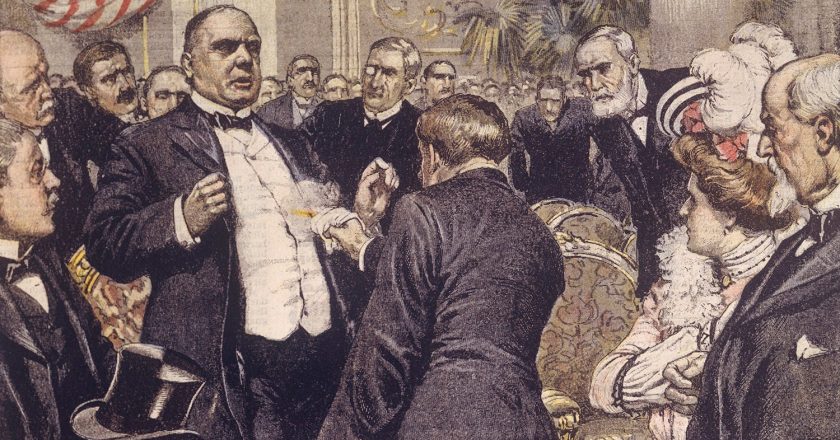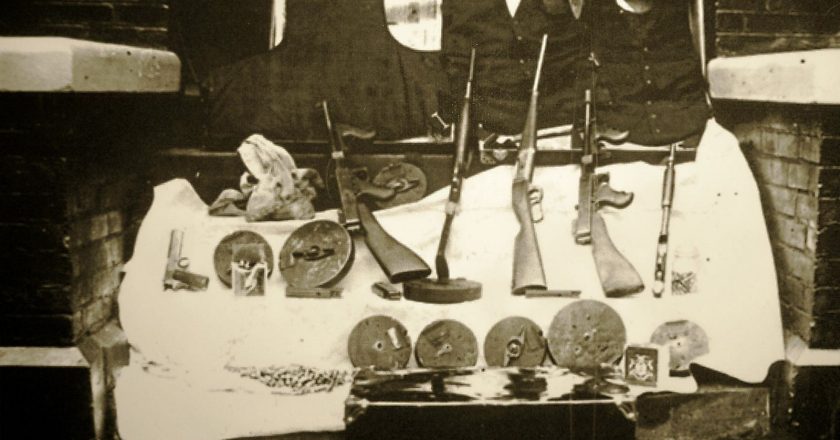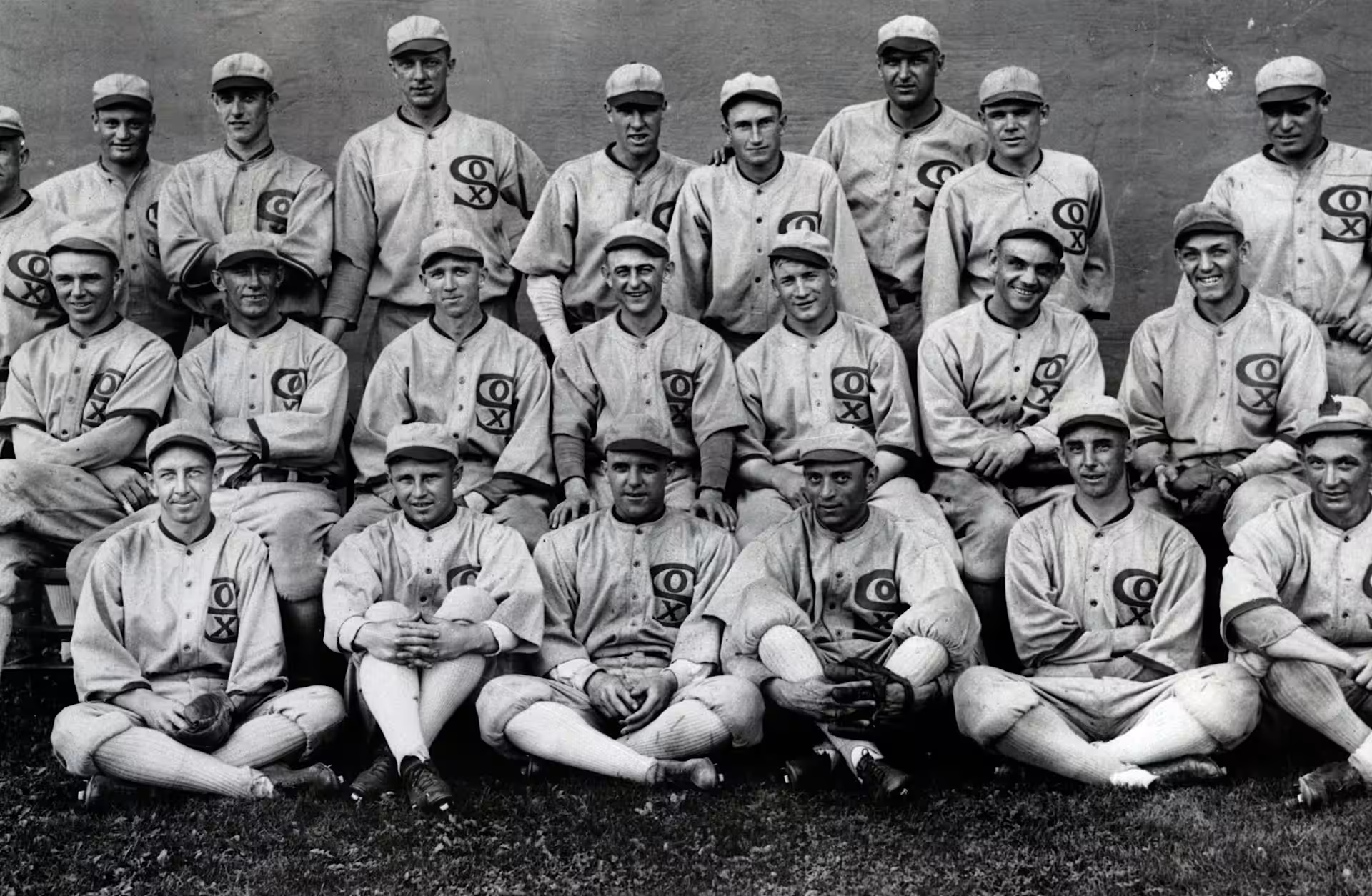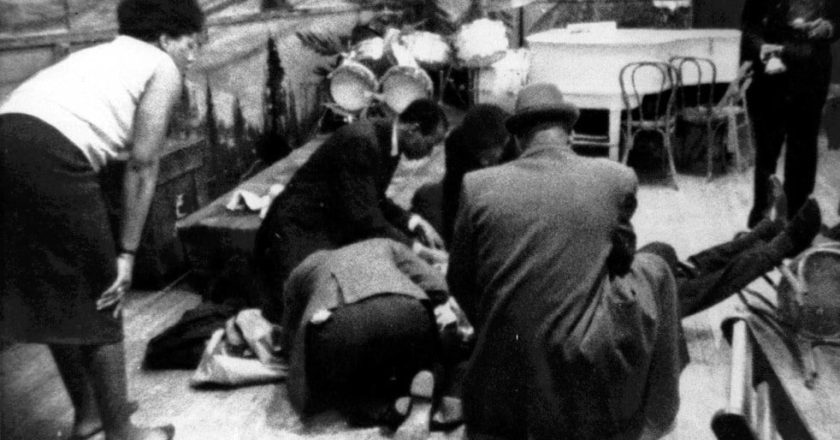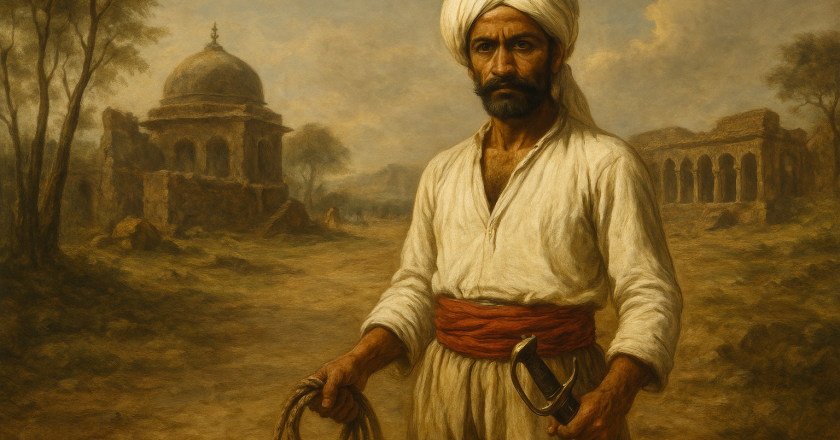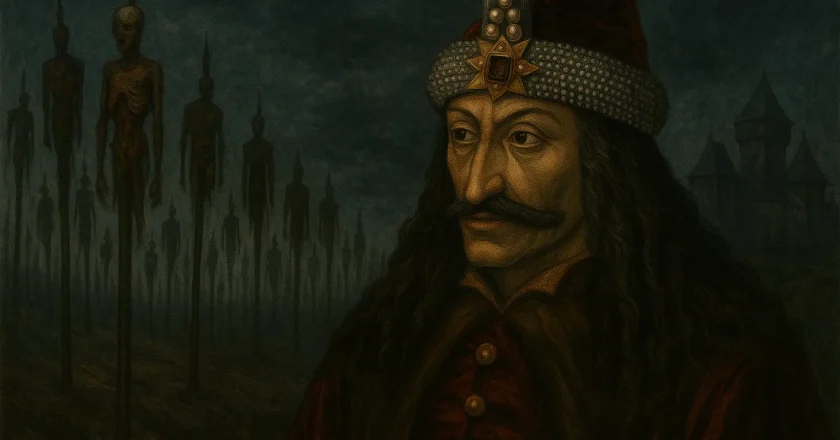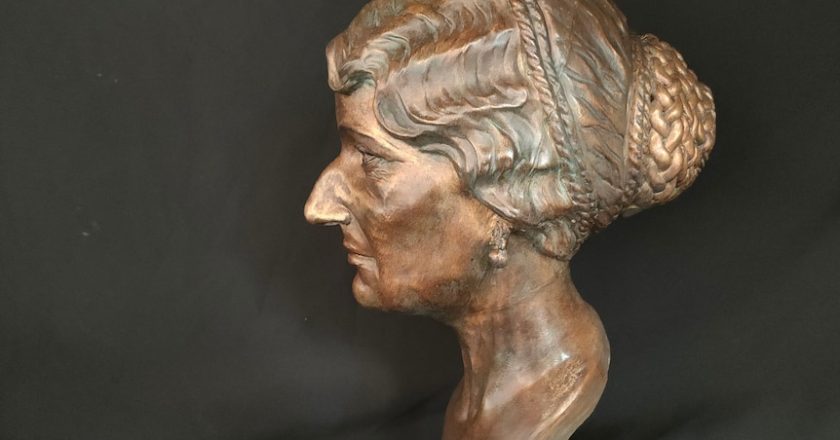When Children Were Mailed: The Strange True Story of America’s Brief Postal Loophole
In the early twentieth century, the United States was still stitching itself together. Vast rural distances separated families, roads were unreliable, and train tickets were a luxury many could not afford. Then, in 1913, a quiet bureaucratic reform changed daily life in ways no one fully anticipated.
The United States Postal Service introduced Parcel Post—a revolutionary system designed to make long-distance shipping affordable for ordinary Americans, especially those living far from cities. For the first time, people could send large items through the mail at reasonable rates. Farmers shipped produce. Families mailed clothing, tools, and household goods. The postal carrier became not just a letter deliverer, but a trusted logistical lifeline.
What lawmakers didn’t realize was that they ...


